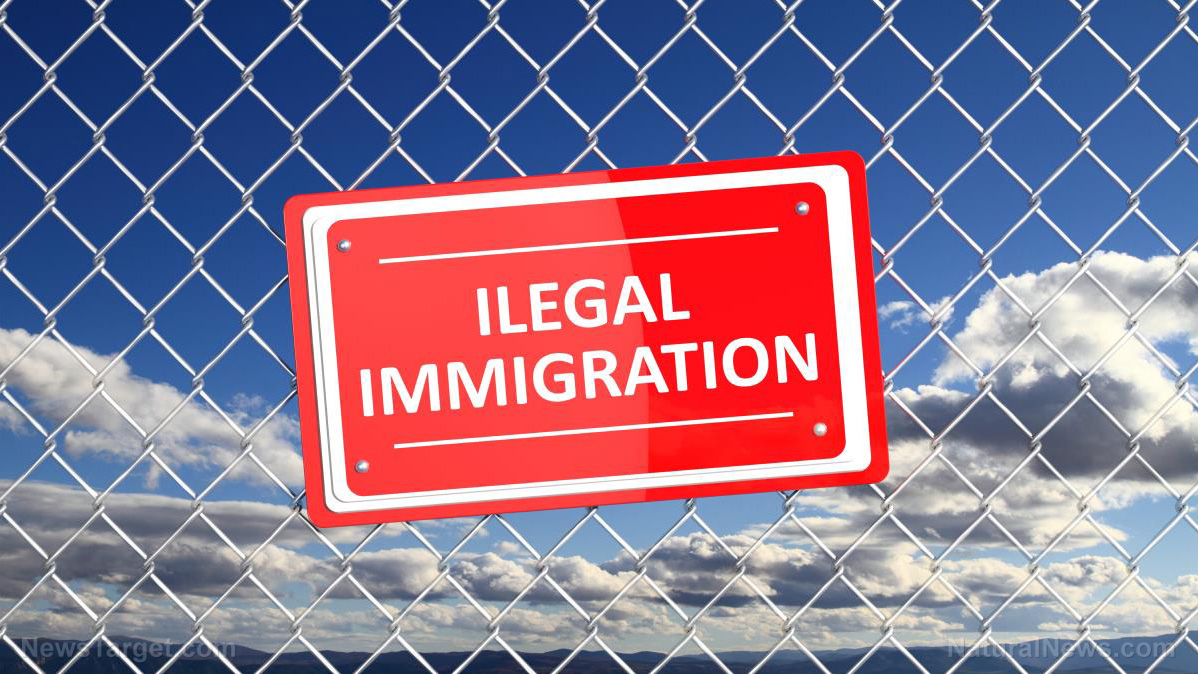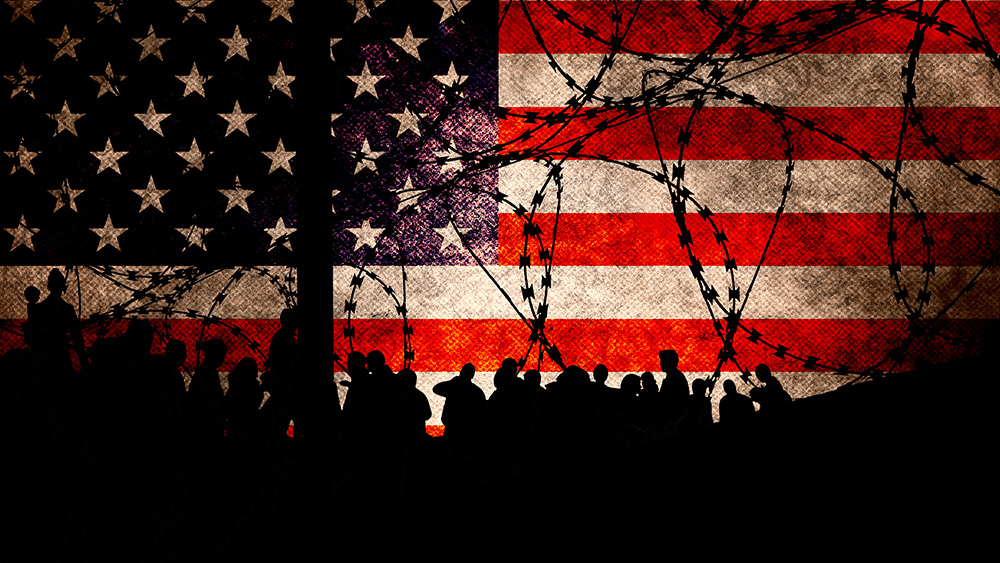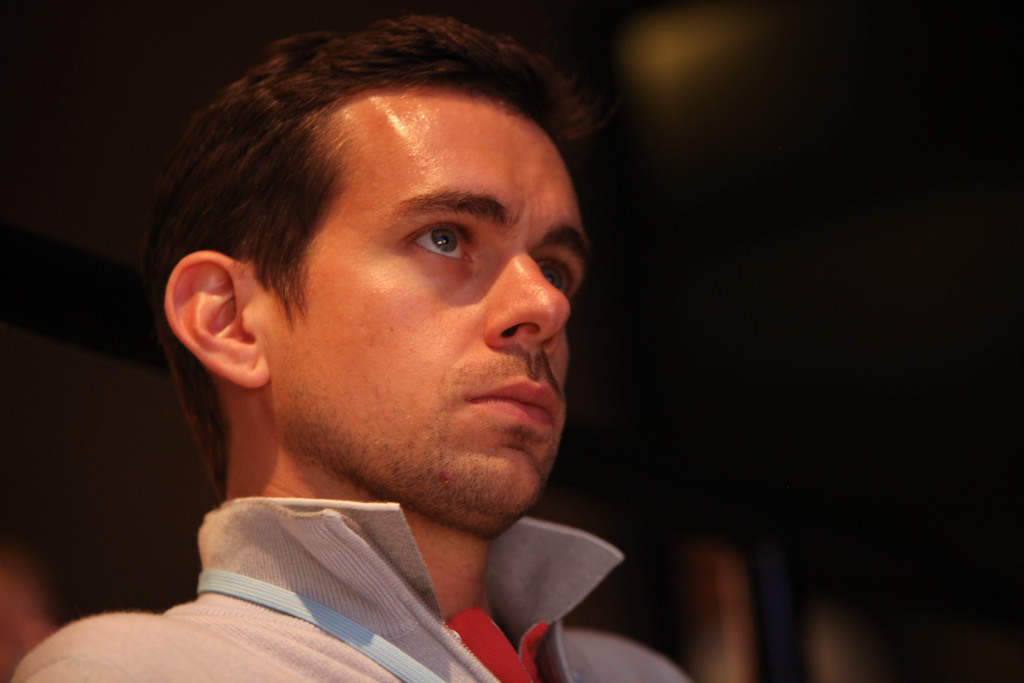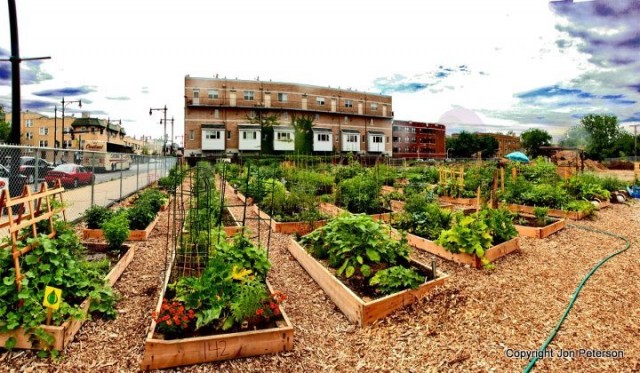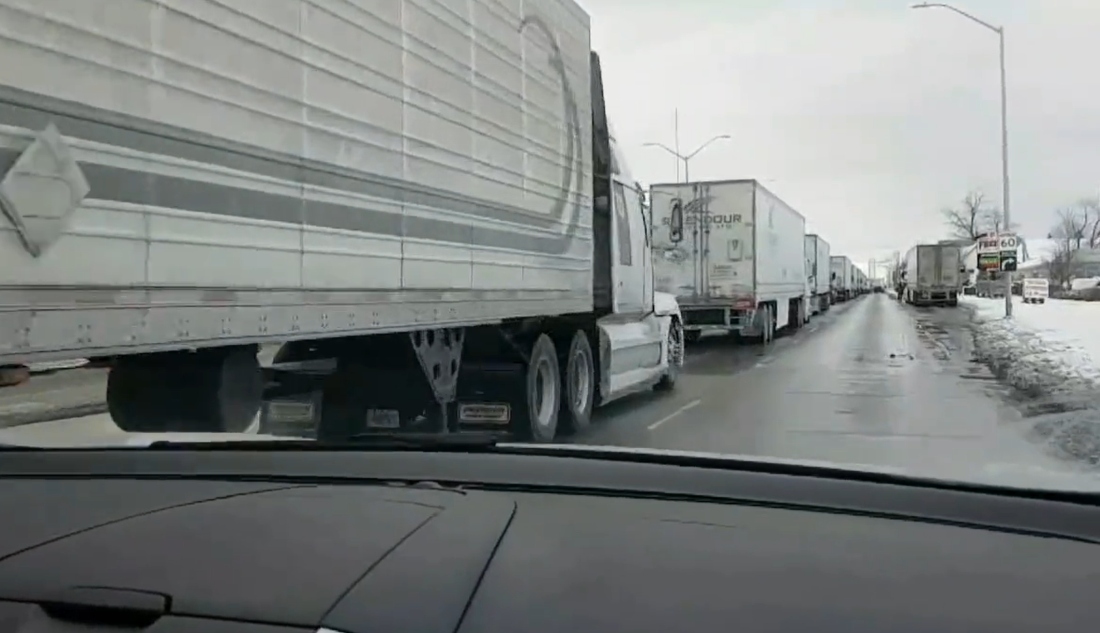U.K. police crack down on pro-Palestine activists amid rising tensions
07/11/2025 / By Zoey Sky
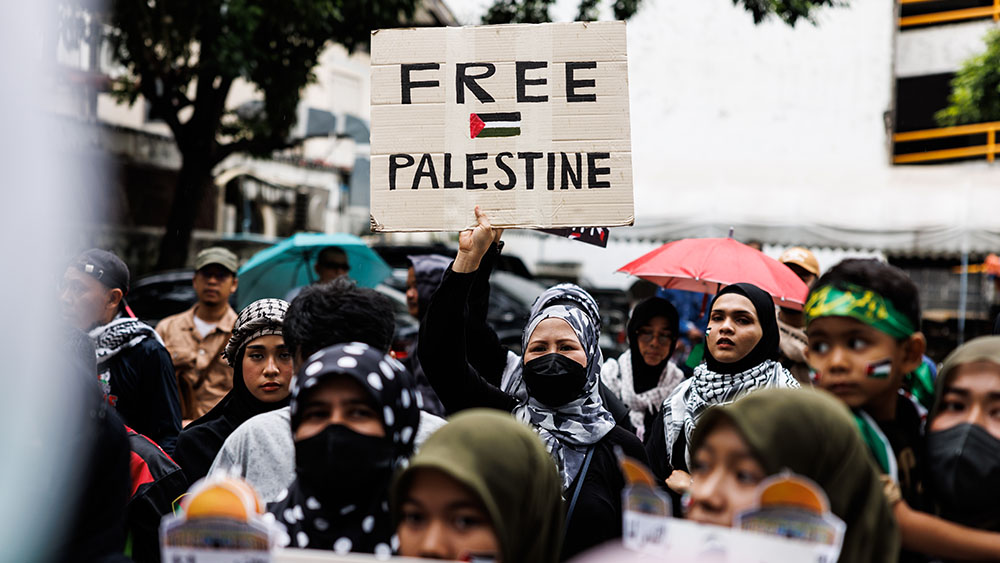
- In recent months, the U.K. has seen a significant increase in police actions against pro-Palestine activists, with many describing these tactics as aggressive and intimidating. Activists have reported raids on their homes, being stopped on the street and arrests without warning, leading to concerns about the erosion of civil liberties and the right to protest.
- Activists like Lujane from Cardiff and Ayeshah Behit from South Wales have experienced firsthand the heavy-handed tactics used by the police. Lujane was visited by men claiming to be from the British Transport Police who entered her home without a warrant and insisted she accompany them for an interview. Ayeshah was arrested after posting a video questioning her MP’s stance on Israel, with police storming her home and denying her basic rights. These incidents are part of a broader pattern of intimidation, with activists being followed and monitored.
- The Police and Criminal Evidence Act 1984 grants detainees the right to an initial phone call, but this right was reportedly denied to Ayeshah Behit. Her arrest and subsequent conviction for harassing her MP, despite her claims of legitimate political commentary, highlight the potential disregard for legal protections.
- The U.K. government’s move to ban groups like Palestine Action, which disrupt weapons manufacturers supplying Israel, has drawn condemnation from human rights organizations and sparked protests.
- While some activists have committed crimes, the broader issue is the perceived overreach by authorities. The situation highlights the need for a balanced approach that upholds both security and the democratic principles of free speech and assembly.
In recent months, the United Kingdom has witnessed a significant crackdown on pro-Palestine activists, with many describing the tactics used by British police as akin to “kidnapping.”
Homes have been raided, individuals have been approached on the street and some have been arrested without warning, leading to growing concerns about the erosion of civil liberties and the intimidation of those exercising their right to protest.
On the morning of March 6, Lujane, a Welsh activist involved in Palestine solidarity efforts in Cardiff since October 2023, experienced these tactics firsthand. Three men, claiming to be from the British Transport Police (BTP), arrived at her door. They were in plain clothes and lacked a warrant, yet they insisted she accompany them for an interview regarding a video of her chanting pro-Palestine slogans on the London Underground several months prior.
Lujane shared that the experience was “quite scary,” especially since the men “didn’t really look like police officers.” Lujane added that the men didn’t give her a chance to refuse and that they entered her home even after she asked them not to.
The three men stood at the door until she got dressed. Lujane’s experience is not isolated. Activists across the U.K. have reported being followed, having their homes raided and receiving calls from unknown numbers.
Netpol, a police watchdog, has described this as a “pattern of intimidation.” In one instance, two activists faced criminal proceedings after questioning their local Member of Parliament (MP) about their stance on Israel.
Lujane’s legal representative questioned why the police couldn’t have sent a letter instead of coming to her home. The police responded that it was necessary due to her frequent travel between London and Wales, implying that they had also been monitoring her movements. (Related: Health Ranger Report: Blackstone Intelligence’s Jake Morphonios delves into the Israel-Palestine conflict.)
Back in Wales, she and her fellow activists were regularly followed and approached by police, who would address them by their first names, once again implying that they were being monitored. This continued after she moved to London, with the Metropolitan Police mirroring the behavior of the South Wales police.
Ayeshah Behit, another activist based in South Wales, was arrested hours after posting a video on Instagram questioning her local MP’s voting record on Israel’s Gaza war. A dozen police officers arrived at her home, threatening to break down her door. They stormed through Behit’s house, barred her from changing clothes and arrested her as she attempted to do so.
Behit was held incommunicado for 23 hours, with her repeated requests to notify her mother of her arrest denied. She was eventually allowed a brief phone call, but the line went dead after she mentioned her location.
Legal and political backdrop
The Police and Criminal Evidence Act 1984 stipulates that detainees are entitled to an initial phone call, although this right can be delayed in cases of serious organized crime, terrorism or espionage. However, Behit’s experience suggests a disregard for these legal protections.
In June 2025, Behit and her housemate, Hiba Ahmed, were convicted of harassing the MP, despite their claims that their actions were part of legitimate political commentary. They were ordered to pay court costs and intend to appeal their convictions.
The crackdown also extends to organized groups. Late in June, U.K. lawmakers voted to ban Palestine Action, a group known for disrupting the operations of weapons manufacturers supplying the Israeli government. The decision came after two activists damaged military aircraft at a British airbase.
The ban, if approved by the House of Lords, would make it illegal to be a member of or support Palestine Action, effectively criminalizing the group. This move has drawn condemnation from human rights organizations and sparked protests, with critics arguing it mirrors authoritarian tactics to suppress dissent.
Growing concerns and calls for accountability
The raids and arrests have left many activists feeling targeted and traumatized. Netpol has documented multiple incidents of violence by the South Wales police against Palestine solidarity activists.
Joe, an activist with Youth Demand, a climate justice and pro-Palestine group, was arrested after appearing in a video calling for protests against Israel’s war on Gaza. He was held for four hours and then released on bail with no charges. The Metropolitan Police declined to comment, citing an ongoing investigation.
The increasing use of heavy-handed tactics by U.K. police against pro-Palestine activists raises significant concerns about the state of civil liberties and the right to protest. As the UK government moves to ban groups like Palestine Action, the international community and human rights organizations are calling for greater accountability and a return to respecting the fundamental rights of citizens to express their views peacefully.
But when considering the crimes committed by some of the so-called peaceful activists, who decided when arrests should be considered “kidnapping?”
The situation highlights the need for a balanced approach that upholds both security and the democratic principles of free speech and assembly. As the debate continues, the voices of those affected by these measures must be heard and their rights protected.
Watch the full video below of “Brighteon Broadcast Show” with the Health Ranger Mike Adams about Israel preparing to launch the next wave of war on Iran.
This video is from the Health Ranger Report channel on Brighteon.com.
More related stories:
Health Ranger Report: The HIDDEN AGENDAS behind the Israel-Palestine conflict.
U.K. to ban Palestine Action as terror group after RAF break-in.
Sources include:
Submit a correction >>
Tagged Under:
big government, Gaza, Hezbollah, Israel, Israel-Hamas war, Israel-Palestine war, Middle East, national security, Palestine, police state, policing, protest, revolt, terrorism, Tyranny, United Kingdom, uprising, violence, World War III
This article may contain statements that reflect the opinion of the author
RECENT NEWS & ARTICLES
COPYRIGHT © 2017 FREEDOM NEWS







